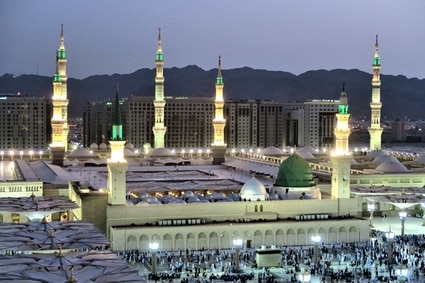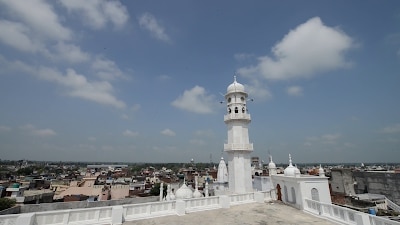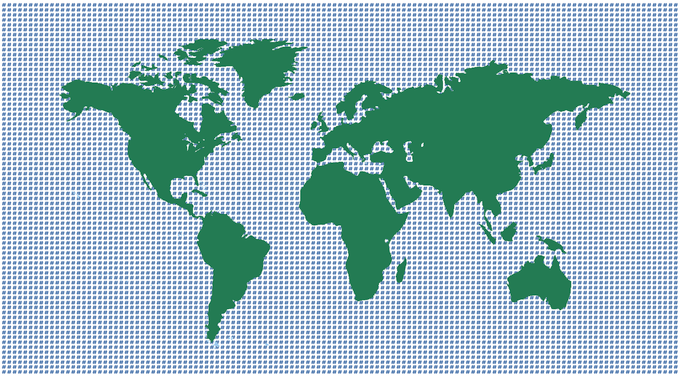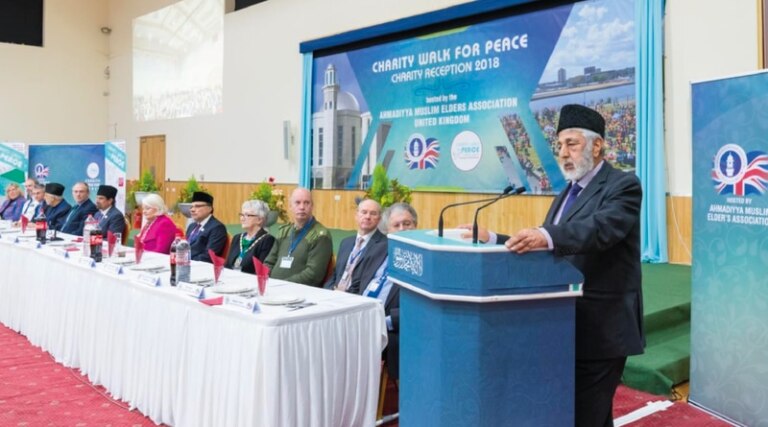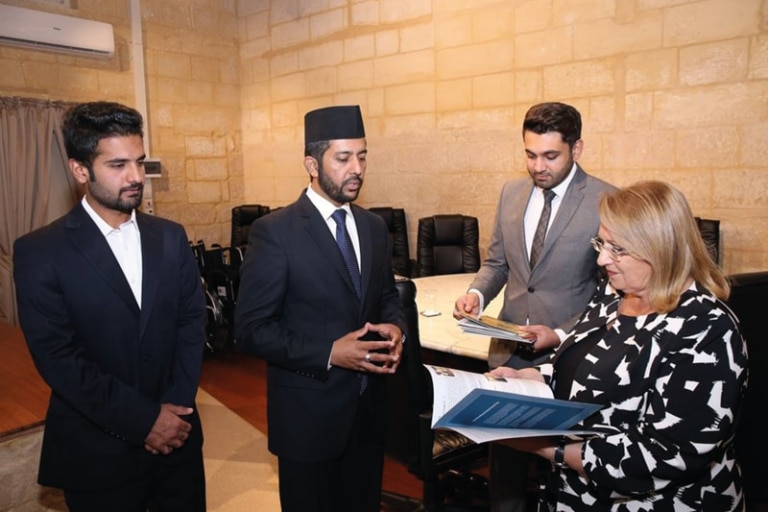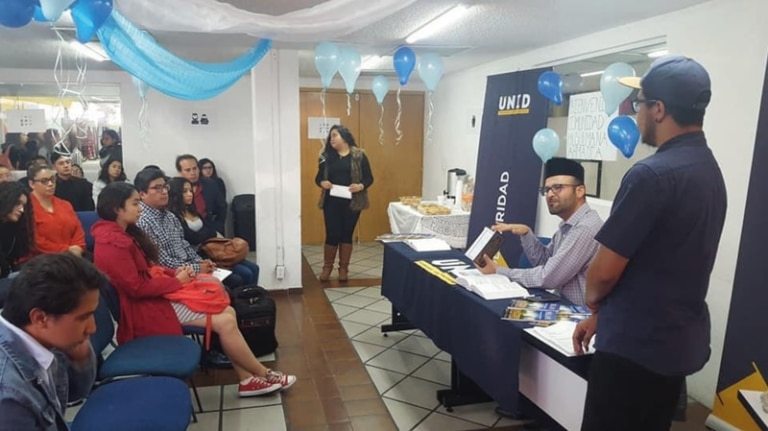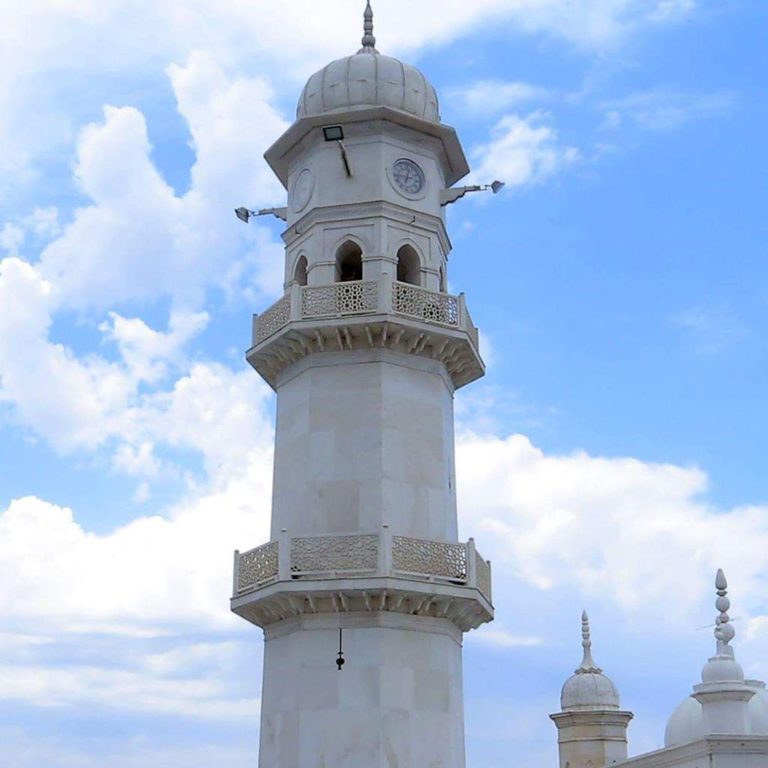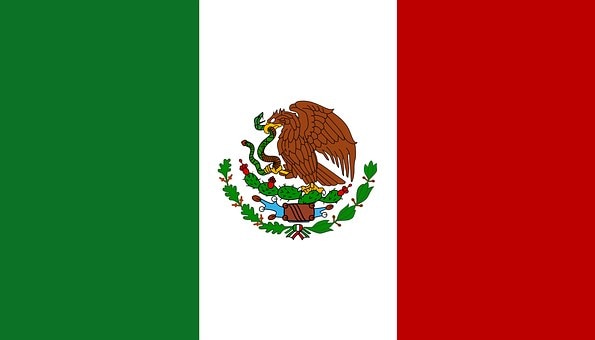Hashtags are so heavily ingrained in social media that they seem to many – especially the younger generation – as an invention of Twitter. Those who saw communication technology evolve from dial-up telephone sets to push-button ones (a great technological leap of its time) saw this sign and got to know it as the “pound sign”, but this memory has been erased from their minds with the modern-day use of the hashtag.
With the surge of social media, it has become a lot easier to introduce a new trend, but equally easier to forget their origins. The hashtag is said to have been first used in 2007. A Chris Messina, on 23 August 2007, tweeted: “How do you feel about using # (pound) for groups. As in #barcamp [msg]?”. So this is where it all began, and now, as we write these words, the hashtag as we know it today is eleven-and-a-half years old.
This decade of “hashtagging” (we ignored the autocorrect red line here and take it as a term, even if it isn’t just yet) has shown the world the power of symbols. Science spent centuries to prove the power of numbers, literati spent their lives – that could collectively span centuries – to prove the power of words. But it took only a decade for social media to prove the “power of symbols”; hashtag a word or phrase on Twitter, go to sleep and wake up in the morning to see millions on your side.
But are these millions really on your side? Does the hashtag really show support? Can you count on these soaring numbers to gauge the true magnitude of a trend? In some cases, you can.
Among the many hashtags that got popular support was #MeToo where women got a chance to voice their bitter memories of sexual assault. While this trend was seen by many as a platform to speak up and ask for justice to be done, linguists, jurists and religious clergy (and some of those accused of assault) felt that it was about time that terms were explained. When a handshake, a touch or even a gaze were classed as whistle-blowers of assault, it was thought that the term “assault” be clarified for jurists and jurors to be able to do justice.
We do not intend to give judgments, in fact we would like to thank all who were involved, especially victims, for voicing what was buried in their hearts for so many years as this opened up ways for the Western society and modern world to explore alternative ways of living a modern yet decent life. We also express our sympathy to them.
But what we want to remind our readers of here is that whatever happened to the women (and also men) may have been avoided if heed was paid to the message of Islam.
Men from different age groups and various walks of life expressed vividly on a BBC programme that they would rather not shake hands with women if results, a decade or two down the line, could be so dreadfully unpredictable. Some men expressed their concern over looking women in the eyes while talking, lest a “lustful” intention got unintentionally communicated. Then there were men, like the investment bankers and stockbrokers at Wall Street, who suggested, according to a recent Bloomberg article: “No more dinners with female colleagues. Don’t sit next to them on flights. Book hotel rooms on different floors. Avoid one-on-one meetings.” (www.bloomberg.com, published on 3 December 2018)
The same article goes on to report that “in fact, as a wealth adviser put it, just hiring a woman these days is ‘an unknown risk.’ What if she took something he said the wrong way?”
So what we see here, from men, is an extreme reaction. Some suggest extreme segregation as the answer: men and women should be completely segregated. To this, many women, like Deputy Mayor of New York City Alicia Glen, turn around and say that a Victorian-style segregation is not the answer to this issue. So what is the best way?
The head of the worldwide Ahmadiyya Muslim Jamaat, Hazrat Khalifatul Masihaa, has shed light on this very issue on many recent occasions. He has mentioned what Islam expects from men and women in a society where both genders have to live side by side. There is no restriction on women working, nor are women asked to stay shut inside their homes. Men and women both are allowed to live their lives to its fullest, but it is necessary to stay within a moral and ethical framework.
The West only seems to see women being covered in cloth and holds that against Islam. What they rarely get to see is what men are required to do: lower their gazes, show respect, be helpful, forsake their own rights for the sake of women and never to bring them harm. Even bylaws set out for Islamic warriors as they departed for wars of self-defence clearly stated that no woman was to be harmed.
The Ahmadiyya Muslim Jamaat has an auxiliary organisation exclusively for women to contribute to their welfare, their nation and humanity at large. Ahmadi women, while observing purdah, have done wonders; they still do.
It was Ahmadi Muslim women who raised funds in Qadian and made possible the establishment of the Fazl Mosque – the first ever mosque in the heart of the “modernised, liberal, moderate, enlightened” West. It was Ahmadi Muslim women who, in their headscarves and long coats, publicly displayed their solidarity with their nation through the human-chain on Westminster Bridge when the UK Parliament was made a target of a potential terrorist attack.
It is essential that the teachings of Islam are understood to see how Islam is extremely respectful towards women, how it protects their rights and how they are seen to be those who can lead one to paradise.

